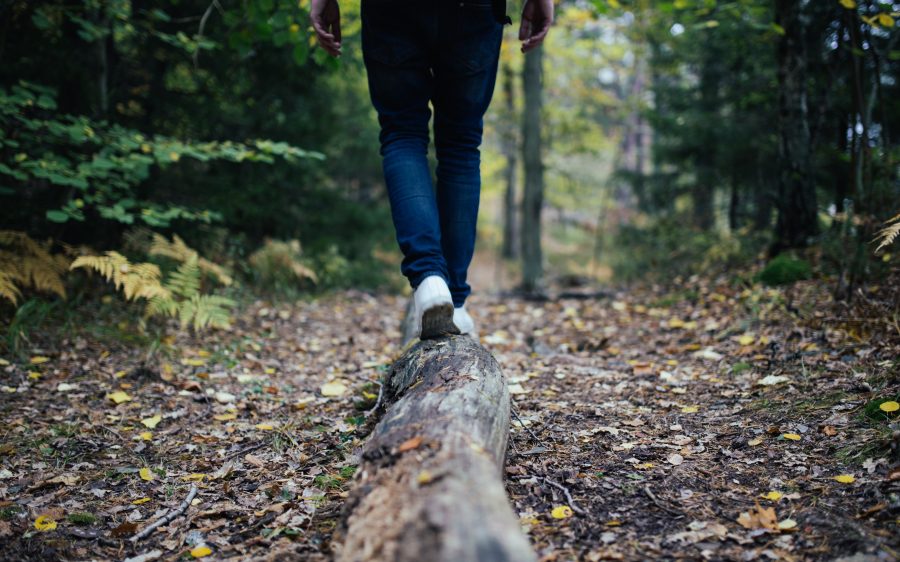
Content medically reviewed by Vicky Magobet, PMHNP-BC, on February 3, 2020.
As the weather cools and the days draw short, it can feel like our moods are changing along with the seasons. Unfortunately, it's not just your imagination — darker and colder weather actually has the physiological power to lead to depression. This common phenomenon, known as Seasonal Affective Disorder, is often exacerbated among those going through addiction recovery. As you might already find yourself struggling with depression, anxiety or grief as you walk through your recovery, seasonal depression can shine a spotlight on your struggles and make you feel like even the outside world is against you.
Know that you're not alone — many people, addicts and non-addicts alike, struggle during the winter months. Let's learn more about Seasonal Affective Disorder, known as SAD, and what steps you can take to overcome its impact.
While it is commonly nicknamed the "winter blues," seasonal depression can actually strike year-round, even during the warm weather of summer. While it's not completely understood medically, the disorder is thought to be a biological response to decreased sunlight and changes in a person's body clock or circadian rhythm.
During the winter, as the daylight hours decrease and the weather turns cold and dry, those who struggle with SAD will experience symptoms including oversleeping, social withdrawal, low energy and weight gain. Not dissimilar to a form of human hibernation, SAD can lead to feelings of isolation, discontent and depression.
During the summer or spring months, on the other hand, SAD can be categorized by a range of seemingly contrasting symptoms. Weight loss, anxiety, restlessness and insomnia are a few common signs of summer seasonal depression.
Seasonal Affective Disorder is considered a form of depression, a mental illness that affects millions of Americans. A person who suffers from both Seasonal Affective Disorder and substance addiction has what is called a dual diagnosis or co-occurring disorder. Their depression and addiction often go hand-in-hand, making it more difficult to recover from addiction unless their mental illness is also treated properly. Around 20% of Americans with a mood disorder, such as SAD, also struggle with a substance abuse disorder.
In the case of SAD, addicts going through recovery often find that the winter months can make their journey even more difficult. A low emotional state caused by reduced energy and social withdrawal, for example, can tempt an addict to turn to a substance for comfort.
Winter also typically comes with a plethora of holidays and parties, from Thanksgiving and Christmas to New Year's Eve extravaganzas. These social events are commonly attached to drinking and possibly drug use, which can be rife with triggers for any recovering addict. Additionally, it might be difficult to spend time around friends, families and colleagues during the holidays who may be unaware of your triggers and offer you drinks.
Fortunately, dealing with seasonal depression doesn't mean a fall off the wagon is inevitable — far from it! Now that you know why the changing weather is affecting you, you have taken an important step in treating and overcoming it. The following are a few recommended tips to handle seasonal depression during the winter and stay on your path to health and freedom:
If you or a loved one are concerned about your substance abuse, please reach out to Diamond House Detox today. A private alcohol and drug treatment center located in northern California, we are committed to helping each client work toward a healthy and free future through medically-modeled treatment plans. Contact us today to begin your journey toward recovery!